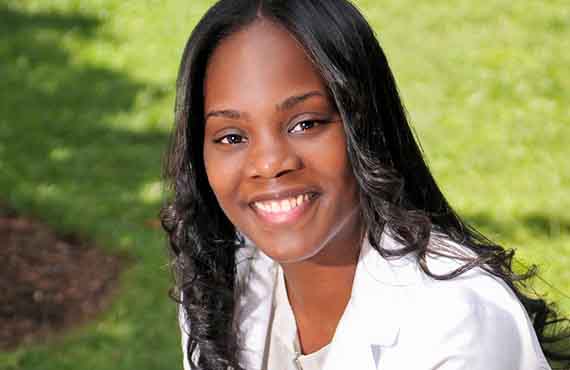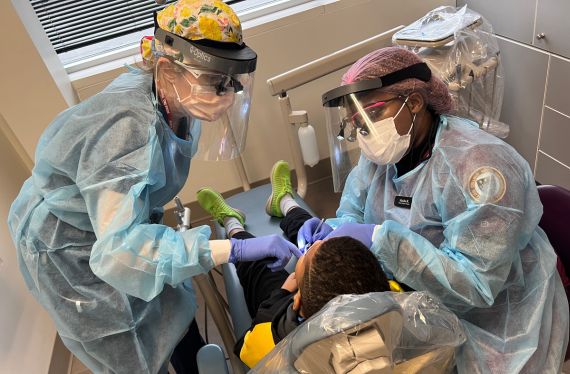When Ash D’Orlando, a transgender man, started his transition about seven years ago he said he was fortunate to have had a very positive experience. He had hormone replacement therapy, and a chest surgery that was covered by his insurance.
But in subsequent years he has experienced the difficulties many in the LGBTQ community face when navigating the health care system, from uniformed providers to denied procedures because of gender mismatches in medical records.
“I know many people who have experienced health care trauma because of the negative experiences they have faced,” said D’Orlando. “Society isn’t built for transpeople but we are getting to a place where things are getting better.”
D’Orlando shared his experiences as part of the first installment of the Regis College President’s Lecture Series on Health for the academic year. Titled “LGBTQA+ Wellness Care: Illusion, Delusion or Reality?” the Zoom panel discussion on Wednesday, October 13, featured D’Orlando and his sister Malia, Henry Kronner, an associate professor of social work at Regis, Julian Dormitzer, a nurse practitioner and biomedical research team manager at The Fenway Institute, and Sean Cahill, director of health policy research at The Fenway Institute.
The panelists provided comprehensive examinations of LGBTQA+ wellness care from a variety of lenses including clinical, educational, research, and policy.
Both Kronner and Dormitzer explained that using the right language is critical in LGBTQ care. That includes using individuals’ preferred names and pronouns, as well as the preferred words a patient might have for body parts.
“Language evolves, so I try to follow the community and use the words most affirming to the people we see, and that changes,” said Dormitzer. “Our learning never stops even when we are part of the community we are most passionate about caring for.”
Kronner added there is no template or guidelines when it comes to providing care. “In my courses I stress to my students the importance of talking to each person, understanding their life story, and how they are or are not accepting of themselves,” he said.
Malia D’Orlando echoed Kronner’s point on listening, and having an open mind when supporting a family member or friend during their coming out or transition.
“I strongly encourage everyone to welcome discomfort,” she said. “Use it as an opportunity for personal growth. And use your privilege to speak up for marginalized communities; not to speak over their voices but to amplify them.”
Cahill presented extensive research on the health disparities and discrimination that LGBT people face, from higher rates of cardiovascular disease to depression. About three out of five trans people in America said they avoided seeking medical care because of discrimination they had experienced.
Since 2007, the Regis President’s Lecture Series on Health, in partnership with Harvard Pilgrim Health Care, a Point32Health company, has featured insight from industry experts that inform health care professionals and the public about contemporary health and wellness issues. The goal is for audiences to gain the knowledge needed to affect positive change.
Each lecture is submitted to American Nurses Association Massachusetts for approval to award contact hours. American Nurses Association Massachusetts is accredited as an approver of nursing continuing professional development by the American Nurses Credentialing Center’s Commission on Accreditation.
The next President's Lecture Series on Health, Focusing the Spotlight on Behavioral Addictions, is Wednesday, November 10, at 6:15 p.m. on Zoom.



